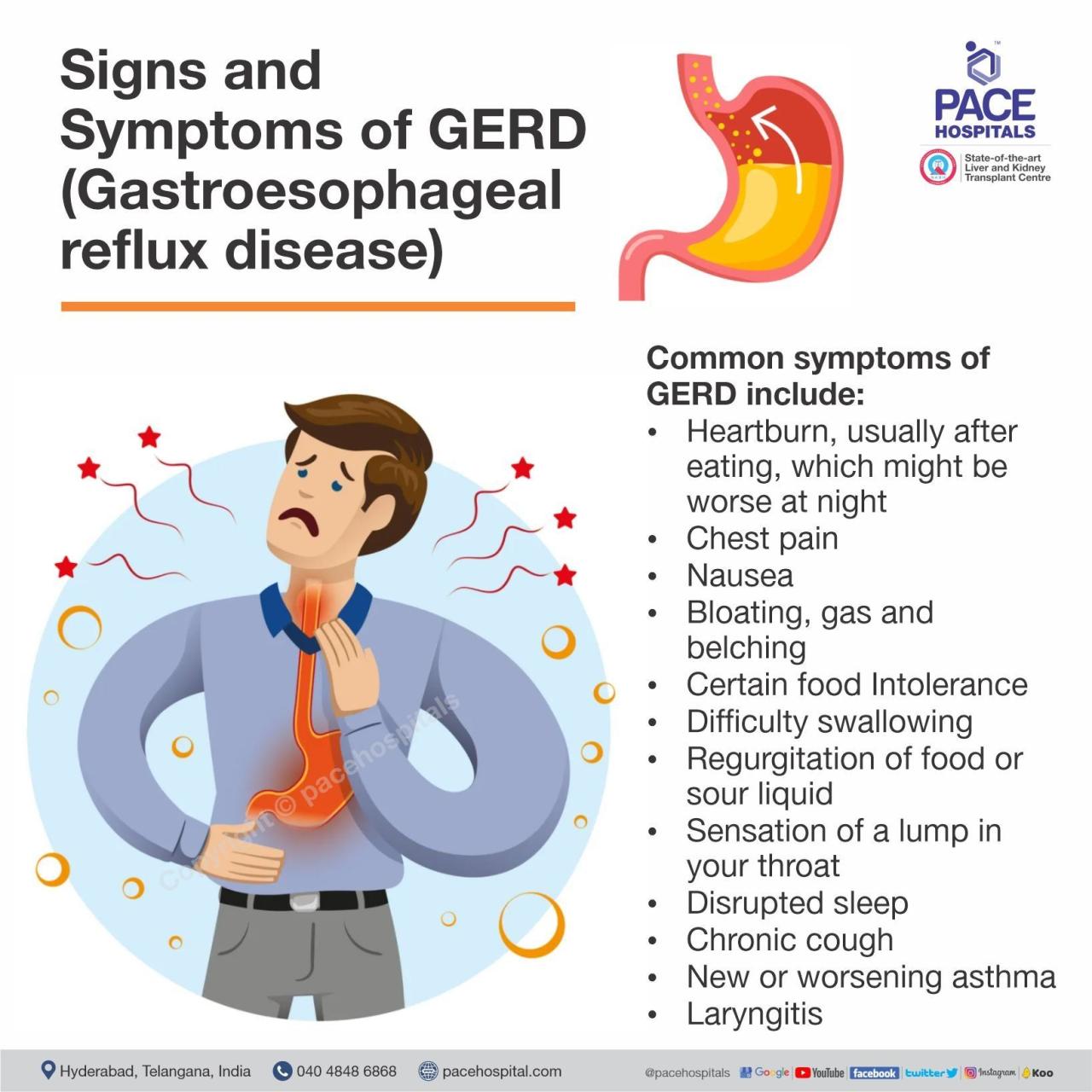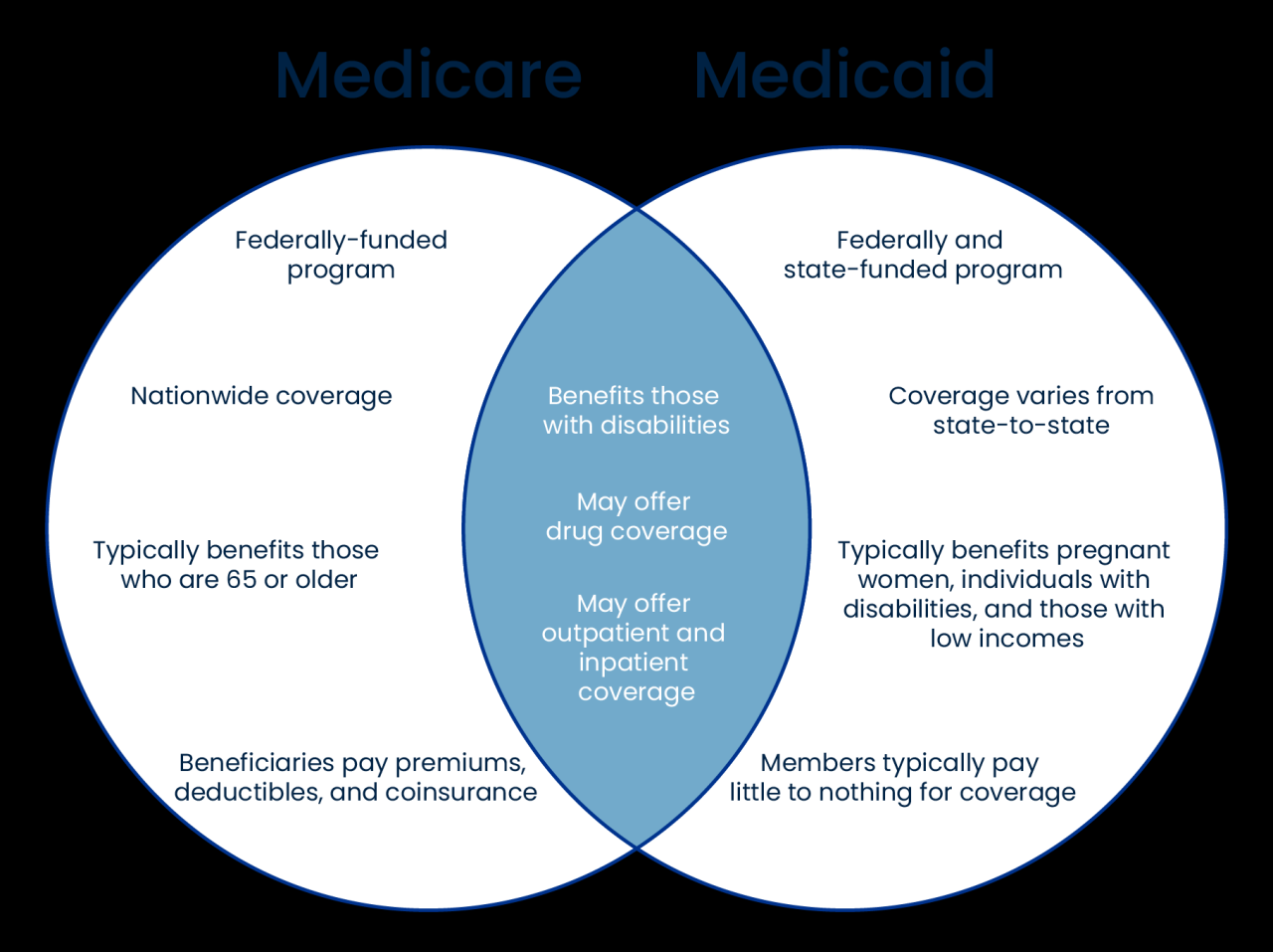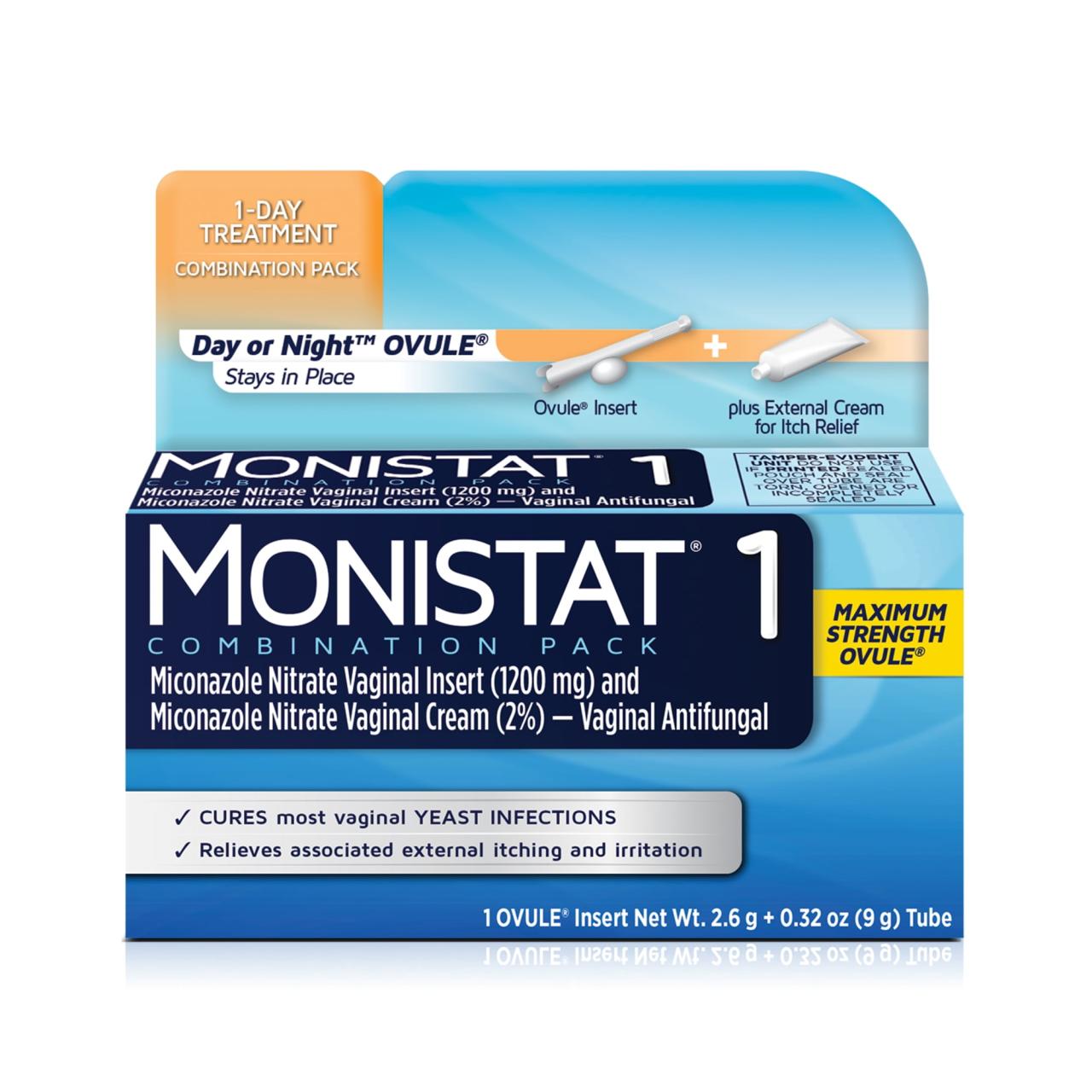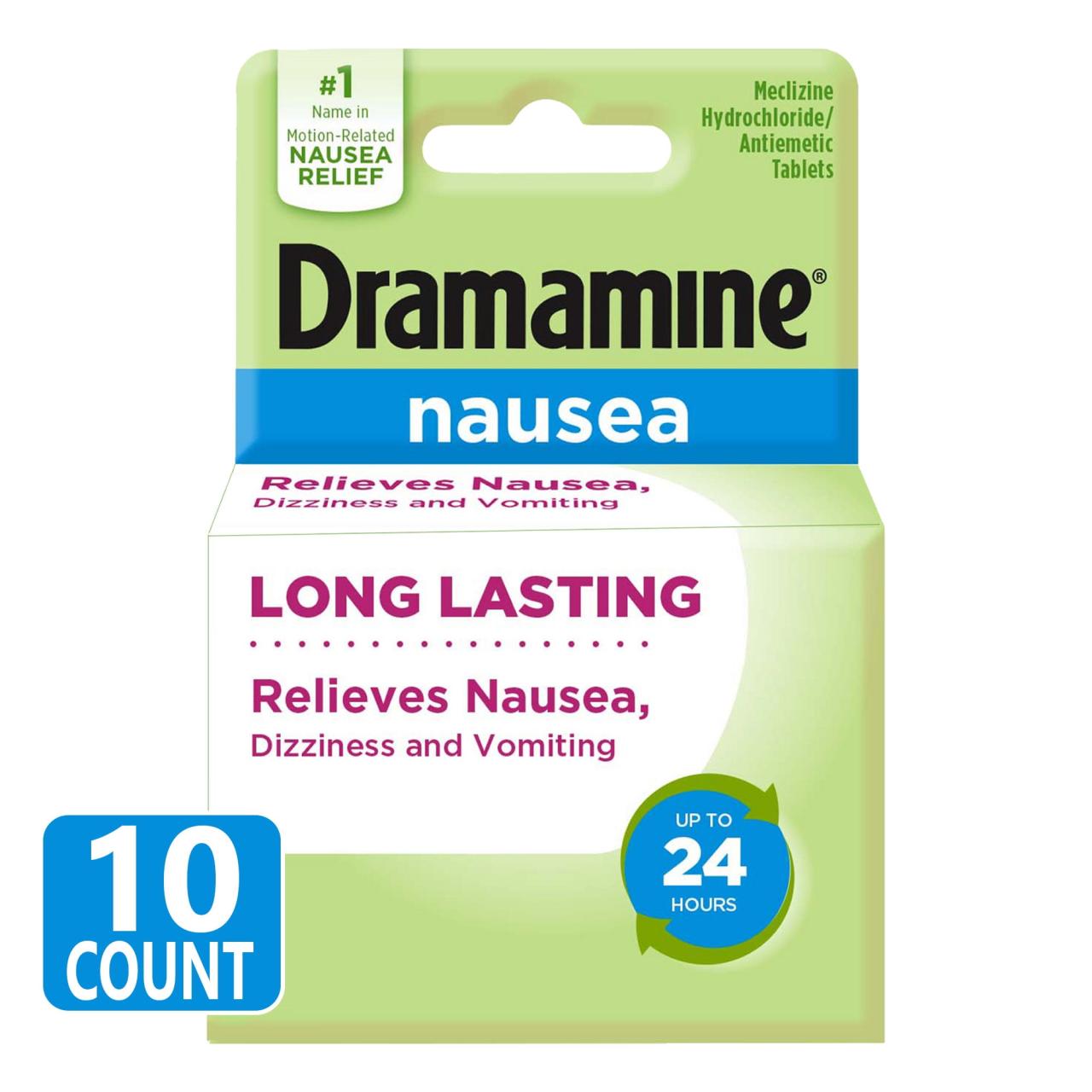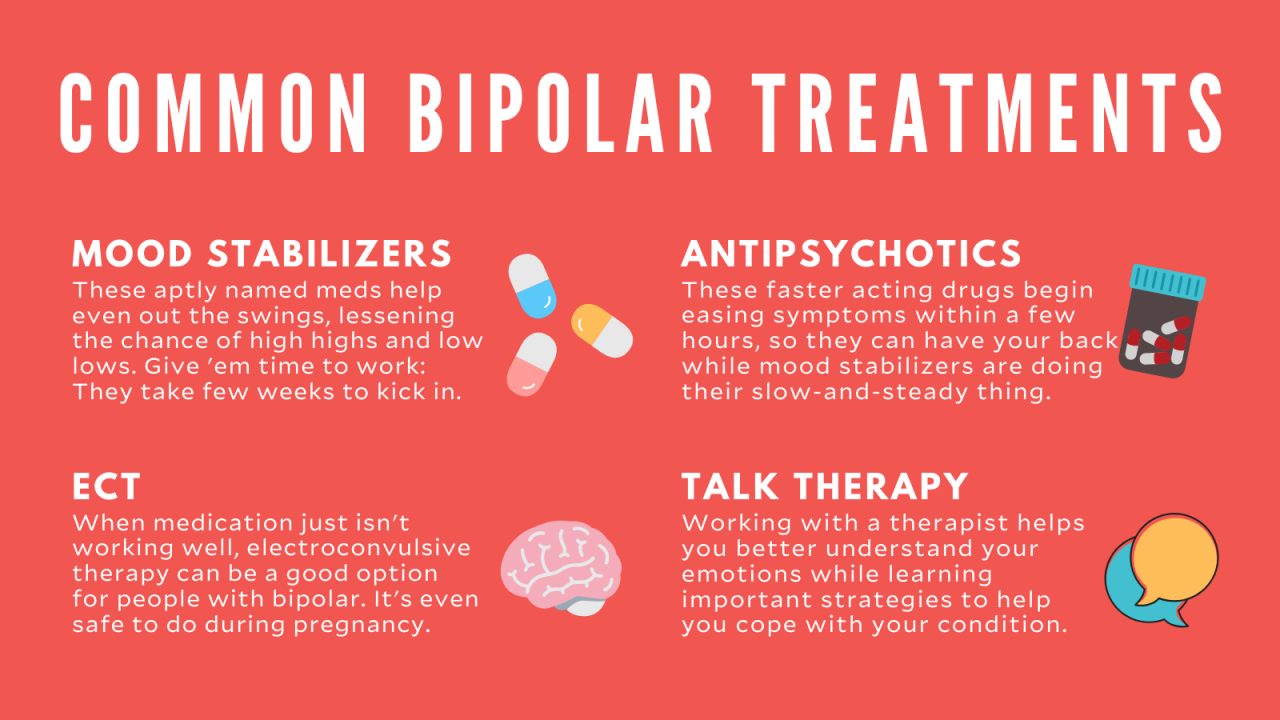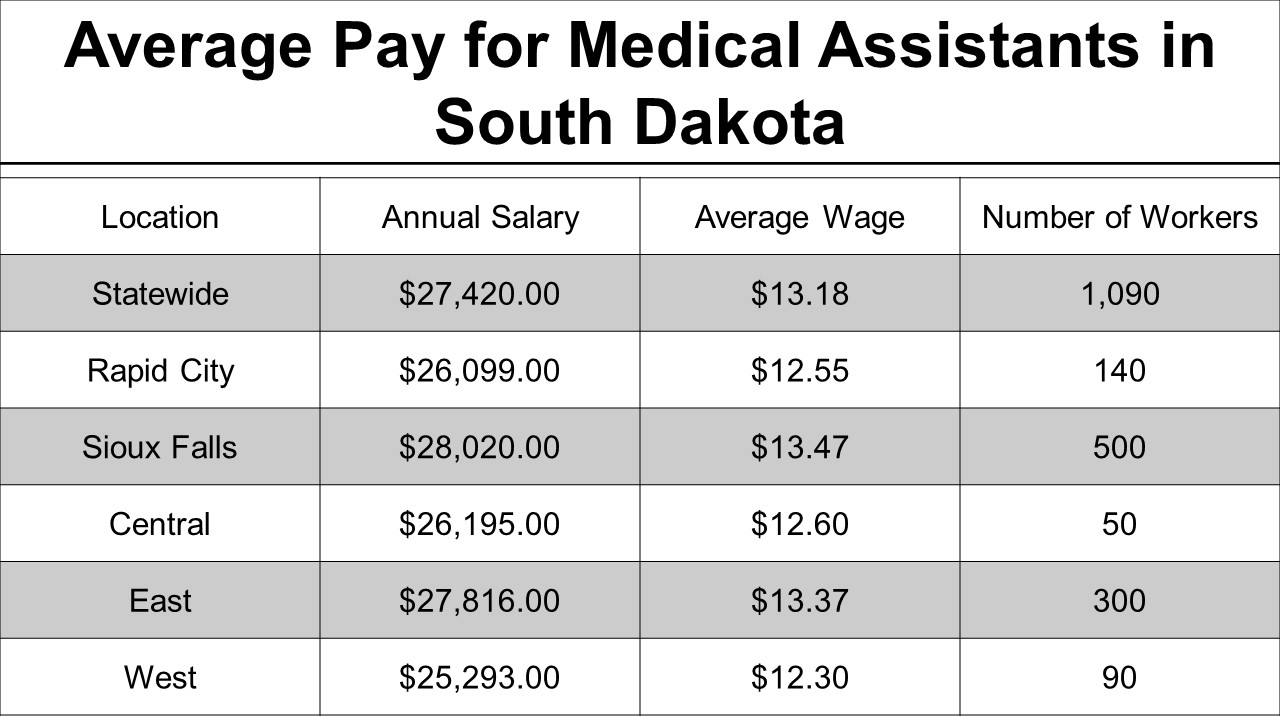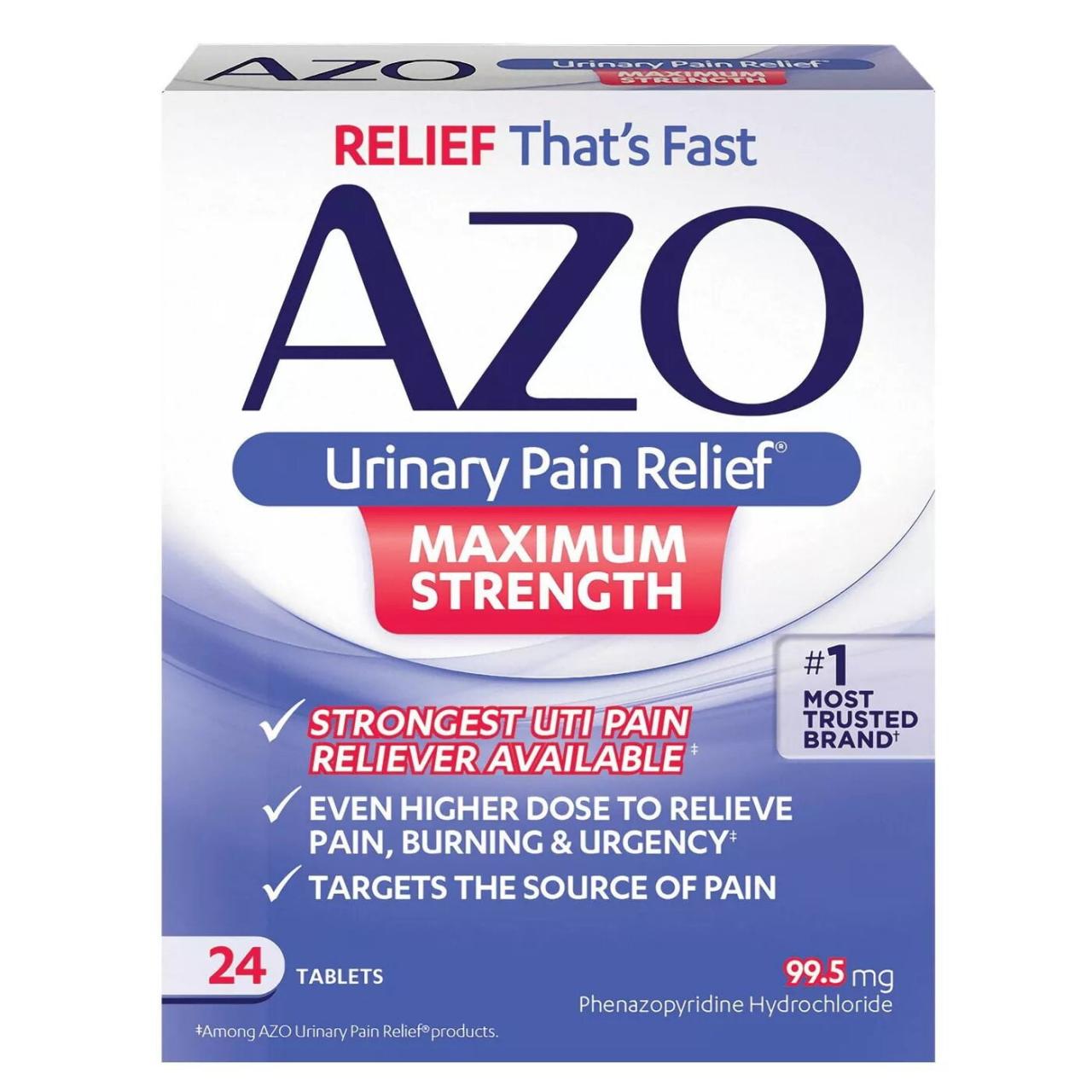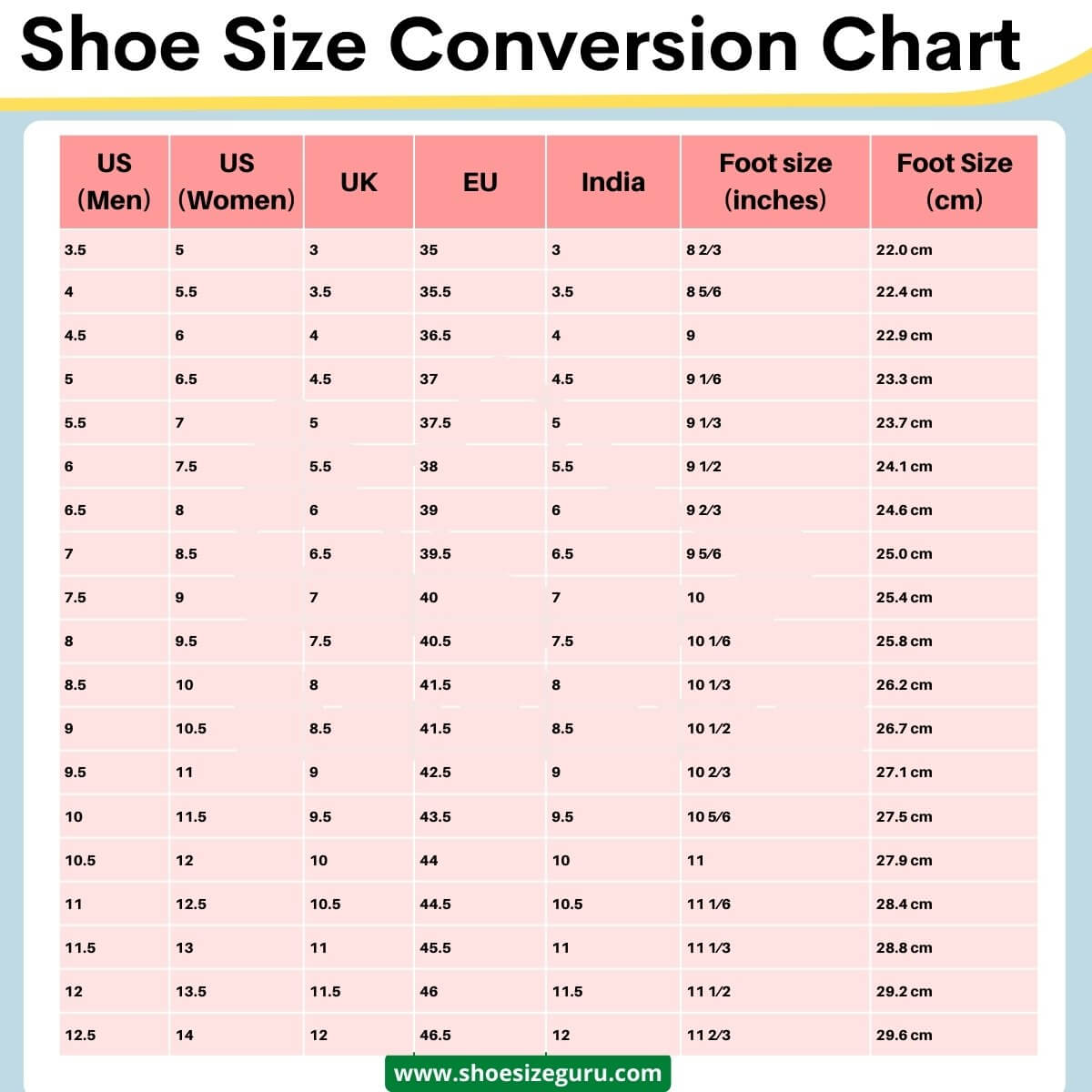High blood pressure medication plays a crucial role in managing this common health condition. It can be a lifesaver for many, helping to reduce the risk of serious complications like heart attacks, strokes, and kidney failure. Understanding how these medications work, their potential side effects, and how to manage them effectively is essential for anyone living with high blood pressure.
This guide will explore the different types of high blood pressure medications available, delve into how they work to lower blood pressure, and provide insights into choosing the right medication for your specific needs. We’ll also discuss the importance of lifestyle modifications and offer tips for managing side effects and maintaining overall health.
Understanding High Blood Pressure Medication
High blood pressure, also known as hypertension, is a common health condition that affects millions of people worldwide. If left untreated, it can lead to serious health problems, including heart disease, stroke, and kidney failure. Fortunately, there are many effective medications available to help manage high blood pressure.
Understanding these medications and how they work is crucial for effectively managing your condition.
Types of High Blood Pressure Medication
There are several different types of high blood pressure medications, each working in a unique way to lower blood pressure. These include:
- Diuretics: These medications work by increasing urine production, which helps to remove excess fluid and sodium from the body, lowering blood pressure. Examples include hydrochlorothiazide and furosemide.
- Beta-blockers: These medications block the effects of adrenaline and noradrenaline, hormones that increase heart rate and blood pressure. Examples include metoprolol and atenolol.
- ACE inhibitors: These medications block the production of angiotensin II, a hormone that constricts blood vessels. Examples include lisinopril and ramipril.
- Angiotensin II receptor blockers (ARBs): These medications block the effects of angiotensin II, similar to ACE inhibitors. Examples include losartan and valsartan.
- Calcium channel blockers: These medications relax blood vessels by blocking the entry of calcium into muscle cells. Examples include amlodipine and diltiazem.
- Alpha-blockers: These medications relax blood vessels by blocking the effects of adrenaline and noradrenaline. Examples include doxazosin and terazosin.
How Each Medication Works
Each type of medication works in a specific way to lower blood pressure. Understanding how each medication works can help you understand its potential benefits and side effects.
- Diuretics: These medications work by increasing urine production, which helps to remove excess fluid and sodium from the body. This reduction in fluid volume lowers blood pressure.
- Beta-blockers: These medications block the effects of adrenaline and noradrenaline, hormones that increase heart rate and blood pressure.
By blocking these hormones, beta-blockers slow down the heart rate and reduce the force of contractions, leading to lower blood pressure.
- ACE inhibitors: These medications block the production of angiotensin II, a hormone that constricts blood vessels. By blocking angiotensin II, ACE inhibitors allow blood vessels to relax and widen, lowering blood pressure.
- ARBs: These medications block the effects of angiotensin II, similar to ACE inhibitors. They prevent angiotensin II from binding to its receptors in blood vessels, leading to relaxation and widening of the vessels, reducing blood pressure.
- Calcium channel blockers: These medications relax blood vessels by blocking the entry of calcium into muscle cells.
Calcium is essential for muscle contraction, so by blocking its entry, calcium channel blockers prevent the muscles in blood vessels from contracting, allowing them to relax and widen, lowering blood pressure.
- Alpha-blockers: These medications relax blood vessels by blocking the effects of adrenaline and noradrenaline.
By blocking these hormones, alpha-blockers prevent the constriction of blood vessels, allowing them to relax and widen, reducing blood pressure.
Common Side Effects
While high blood pressure medications are generally safe and effective, they can cause side effects in some people. It’s important to be aware of these potential side effects and discuss them with your doctor.
- Diuretics: Common side effects include dizziness, headache, fatigue, and dehydration.
- Beta-blockers: Common side effects include fatigue, dizziness, shortness of breath, and slow heart rate.
- ACE inhibitors: Common side effects include cough, dizziness, and fatigue.
- ARBs: Common side effects include dizziness, headache, and fatigue.
- Calcium channel blockers: Common side effects include swelling in the ankles and feet, dizziness, and headache.
- Alpha-blockers: Common side effects include dizziness, headache, and fatigue.
Choosing the Right Medication
Choosing the right high blood pressure medication is a collaborative process between you and your doctor. Your doctor will consider several factors when making a recommendation, including your individual health history, other medical conditions, and lifestyle factors.
Factors Considered by Doctors
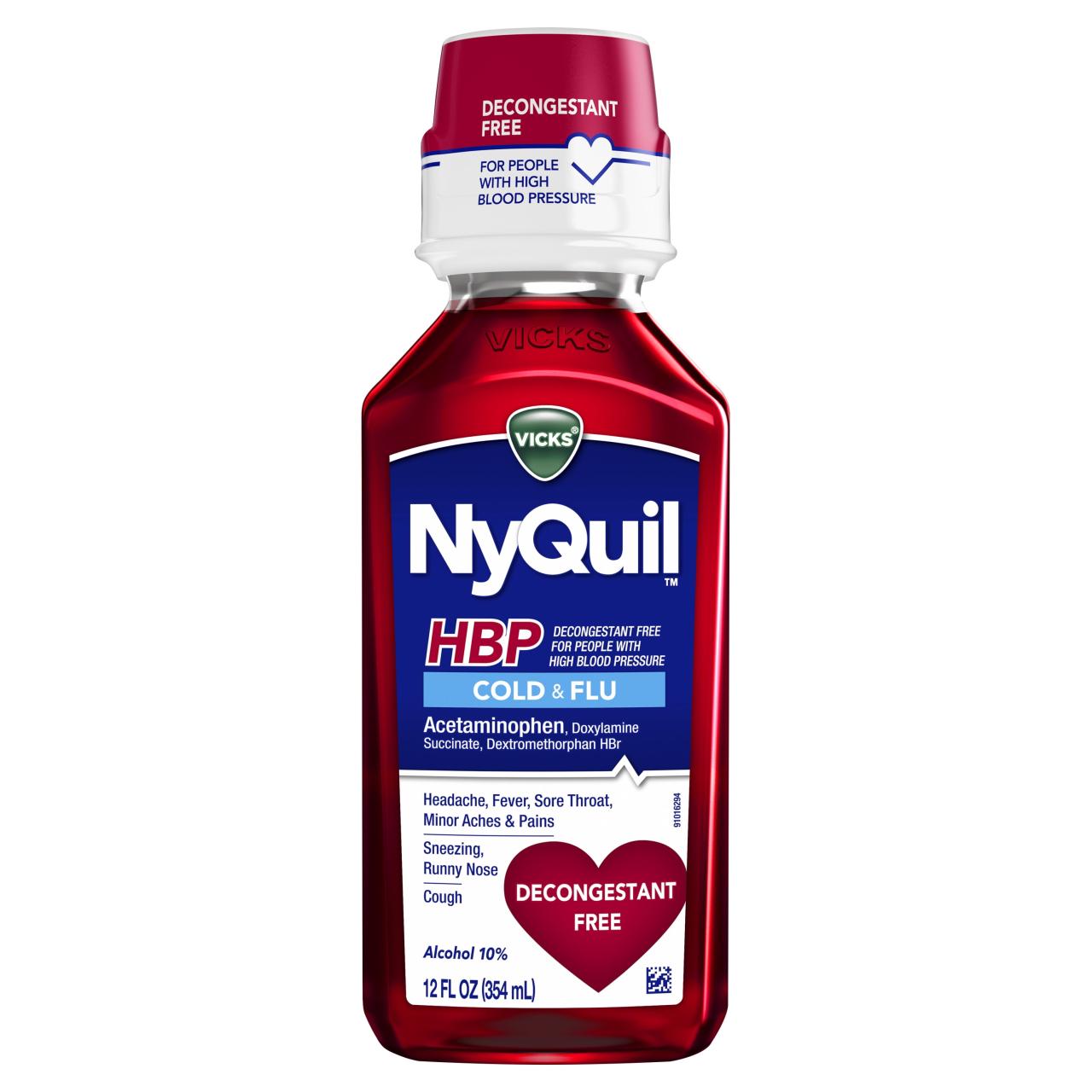
When prescribing high blood pressure medication, doctors consider a variety of factors, including:
- Your current blood pressure readings: Doctors will use your blood pressure readings to determine the severity of your hypertension and the appropriate medication to lower it.
- Your medical history: Your doctor will review your medical history, including any pre-existing conditions or medications you’re currently taking, to ensure the chosen medication is safe and effective for you.
- Your lifestyle factors: Your doctor will discuss your lifestyle habits, such as diet, exercise, and smoking, to determine if any changes are needed to improve your overall health and blood pressure management.
- Your preferences and concerns: Your doctor will take your preferences and concerns into account when choosing a medication, ensuring it aligns with your individual needs and expectations.
Lifestyle Modifications
While medication is often necessary to manage high blood pressure, lifestyle modifications can play a significant role in achieving and maintaining healthy blood pressure levels. These changes can work in conjunction with medication to improve your overall health and well-being.
- Dietary changes: Adopting a healthy diet low in sodium and rich in fruits, vegetables, and whole grains can help lower blood pressure.
- Regular exercise: Engaging in regular physical activity, such as brisk walking, swimming, or cycling, can lower blood pressure and improve cardiovascular health.
- Weight management: Maintaining a healthy weight can reduce the strain on your heart and blood vessels, contributing to lower blood pressure.
- Stress management: Chronic stress can elevate blood pressure. Finding healthy ways to manage stress, such as meditation, yoga, or spending time in nature, can be beneficial.
- Limiting alcohol intake: Excessive alcohol consumption can raise blood pressure. Limiting your intake or abstaining altogether can improve your blood pressure control.
- Quitting smoking: Smoking damages blood vessels and increases the risk of heart disease and stroke. Quitting smoking is essential for overall health and blood pressure management.
Medication Combinations
In some cases, your doctor may recommend a combination of medications to effectively control your blood pressure. Different medications work in different ways, and combining them can provide a synergistic effect, leading to better blood pressure control. For example, combining a diuretic with an ACE inhibitor or ARB can be effective in lowering blood pressure.
Managing Medication: High Blood Pressure Medication
Taking high blood pressure medication correctly is essential for maintaining healthy blood pressure and preventing complications. Follow these steps to ensure you’re taking your medication as prescribed.
Step-by-Step Guide
- Read the instructions carefully: Pay close attention to the dosage, frequency, and timing of your medication.
- Take your medication at the same time each day: Consistency is key for maintaining stable blood pressure levels.
- Take your medication with a full glass of water: This helps ensure proper absorption of the medication.
- Do not skip doses: Even if you feel well, skipping doses can lead to a rise in blood pressure.
- Do not stop taking your medication without talking to your doctor: Stopping medication abruptly can have serious consequences.
- Store your medication properly: Follow the storage instructions on the label to ensure the medication remains effective.
- Keep track of your refills: Make sure you have enough medication to avoid running out.
- Talk to your doctor if you experience any side effects: Most side effects are mild and temporary, but some may require adjustments to your medication or treatment plan.
Potential Interactions
Some medications and supplements can interact with high blood pressure medications, potentially affecting their effectiveness or causing adverse effects. It’s crucial to inform your doctor about all medications, over-the-counter drugs, and supplements you’re taking, including herbal remedies.
| Medication/Supplement | Potential Interaction with High Blood Pressure Medication |
|---|---|
| Nonsteroidal anti-inflammatory drugs (NSAIDs) | Can reduce the effectiveness of some high blood pressure medications, such as ACE inhibitors and diuretics. |
| Over-the-counter cold and cough medications | Can contain ingredients that raise blood pressure. |
| Herbal supplements | Some herbal supplements, such as St. John’s wort and ginseng, can interact with high blood pressure medications. |
Risks of Not Taking Medication
Not taking high blood pressure medication as prescribed can have serious consequences, including:
- Increased risk of heart attack, stroke, and other cardiovascular problems: Uncontrolled high blood pressure puts significant strain on your heart and blood vessels, increasing the risk of these life-threatening conditions.
- Kidney damage: High blood pressure can damage the blood vessels in your kidneys, leading to kidney failure.
- Vision loss: High blood pressure can damage the blood vessels in your eyes, leading to vision loss.
- Cognitive decline: High blood pressure has been linked to an increased risk of dementia and other cognitive problems.
Living with High Blood Pressure Medication
Taking high blood pressure medication is often a long-term commitment. Understanding the long-term effects and managing side effects is essential for maintaining your overall health and well-being.
Long-Term Effects
Most high blood pressure medications are safe and effective for long-term use. However, some potential long-term effects may occur, such as:
- Changes in potassium levels: Some medications, such as diuretics, can cause a decrease in potassium levels. Your doctor may recommend a potassium supplement to prevent this.
- Dry cough: ACE inhibitors can cause a dry cough in some people. This side effect usually resolves on its own, but your doctor may switch you to a different medication if it’s bothersome.
- Swelling in the ankles and feet: Calcium channel blockers can cause swelling in the ankles and feet. This side effect is usually mild and can be managed by elevating your legs or wearing compression socks.
Lifestyle Changes
Making healthy lifestyle changes can complement your medication and improve your blood pressure management. These changes can also help reduce the risk of side effects and improve your overall health.
- Follow a healthy diet: Eating a balanced diet low in sodium and rich in fruits, vegetables, and whole grains can help lower blood pressure.
- Engage in regular exercise: Aim for at least 30 minutes of moderate-intensity exercise most days of the week.
- Maintain a healthy weight: If you’re overweight or obese, losing even a small amount of weight can significantly lower your blood pressure.
- Manage stress: Find healthy ways to manage stress, such as meditation, yoga, or spending time in nature.
- Limit alcohol intake: Excessive alcohol consumption can raise blood pressure.
- Quit smoking: Smoking damages blood vessels and increases the risk of heart disease and stroke.
Managing Side Effects
If you experience side effects from your medication, talk to your doctor. They may be able to adjust your dosage or recommend alternative medications. You can also try some strategies to manage side effects, such as:
- Taking your medication with food: This can help reduce nausea or stomach upset.
- Drinking plenty of fluids: This can help prevent dehydration, a common side effect of diuretics.
- Avoiding alcohol and caffeine: These substances can worsen some side effects, such as dizziness.
- Getting regular exercise: Exercise can help improve energy levels and reduce fatigue.
- Managing stress: Stress can worsen some side effects.
Seeking Professional Guidance
Managing high blood pressure is an ongoing process that requires regular monitoring and adjustments. It’s essential to maintain open communication with your healthcare providers and seek their guidance whenever necessary.
Regular Checkups
Regular checkups with your doctor are crucial for monitoring your blood pressure and ensuring your medication is working effectively. During these visits, your doctor will check your blood pressure, review your medication, and discuss any concerns you may have.
Questions to Ask
Here are some questions you can ask your doctor during your visits:
- What is my current blood pressure reading?
- Is my medication working effectively?
- Are there any lifestyle changes I can make to improve my blood pressure control?
- What are the potential side effects of my medication?
- How can I manage any side effects I’m experiencing?
- Should I be concerned about any interactions between my medication and other medications or supplements I’m taking?
- How often should I have my blood pressure checked?
Role of a Pharmacist
Pharmacists play a vital role in managing your medication. They can provide information about your medication, answer any questions you may have, and monitor for potential interactions. If you have any concerns about your medication, don’t hesitate to talk to your pharmacist.
Ending Remarks
Living with high blood pressure can be challenging, but with the right knowledge and support, you can manage your condition effectively. By understanding the different types of medications available, their potential benefits and risks, and how to take them safely, you can empower yourself to make informed decisions about your health.
Remember, regular checkups with your healthcare provider are crucial for monitoring your blood pressure, adjusting your medication regimen as needed, and addressing any concerns you may have.

